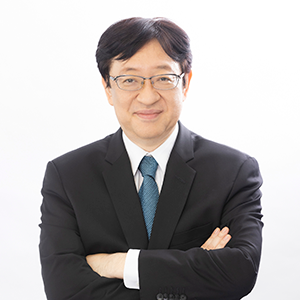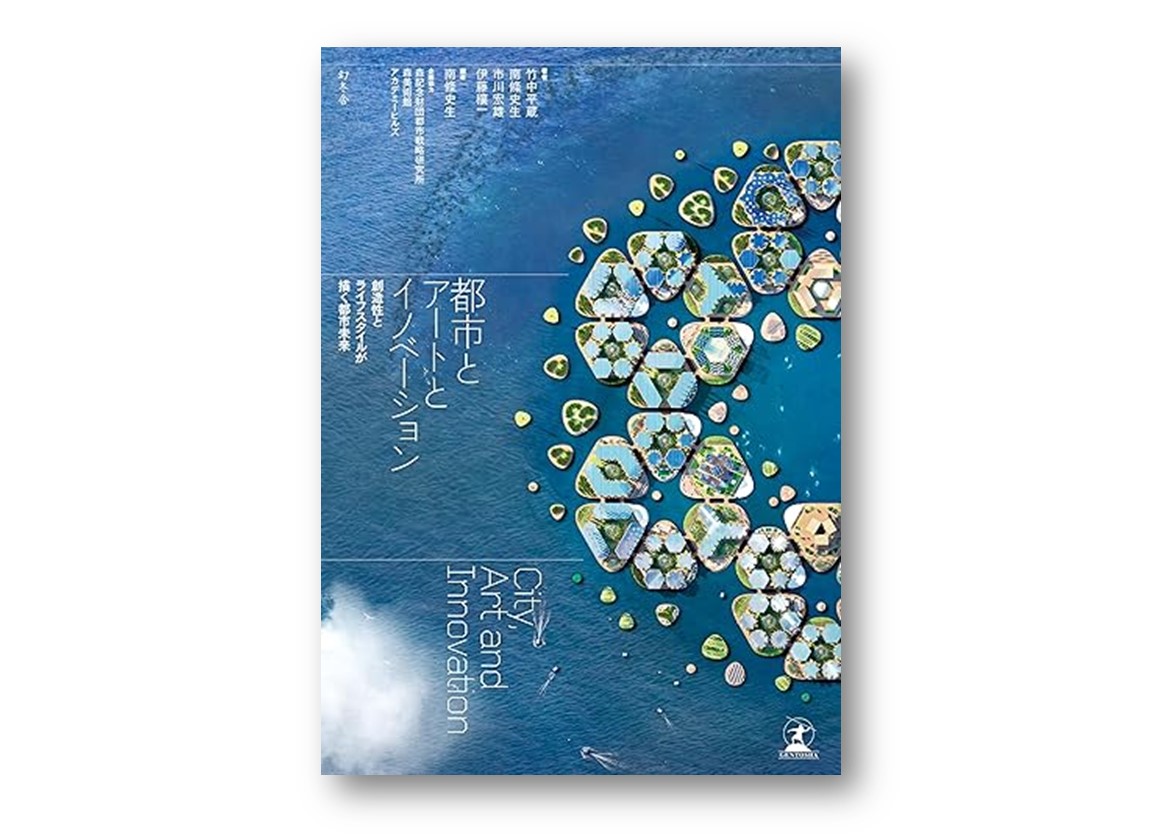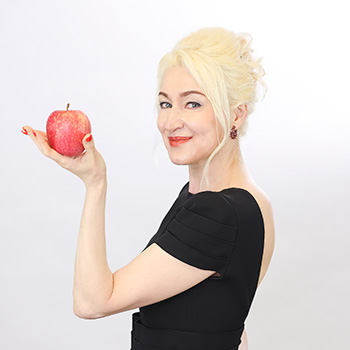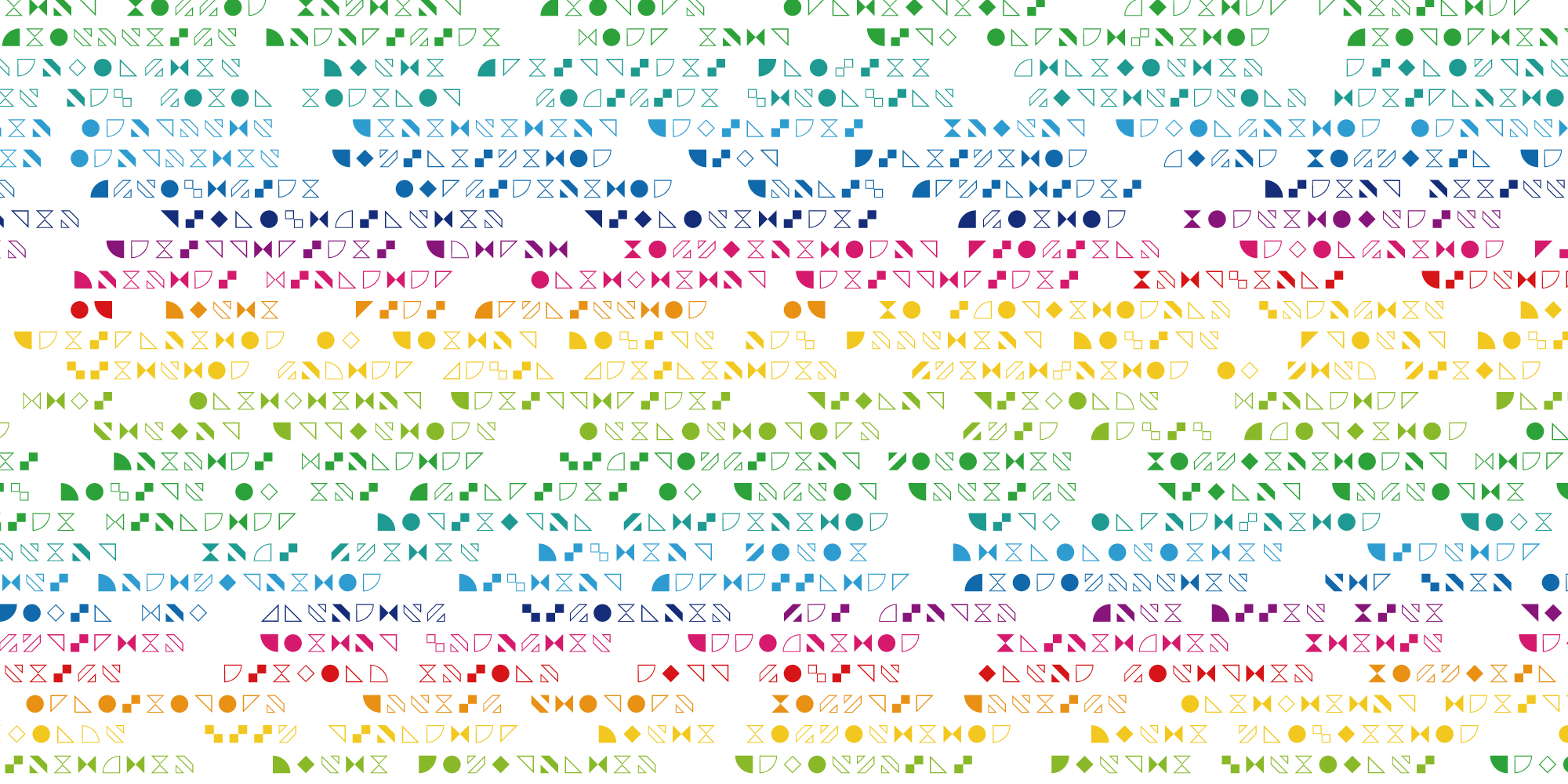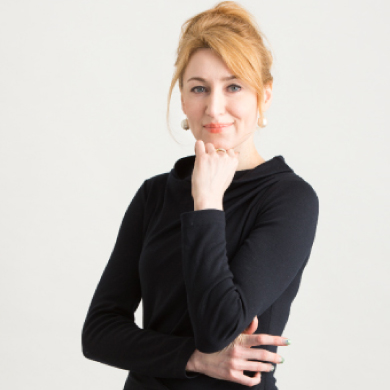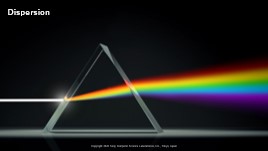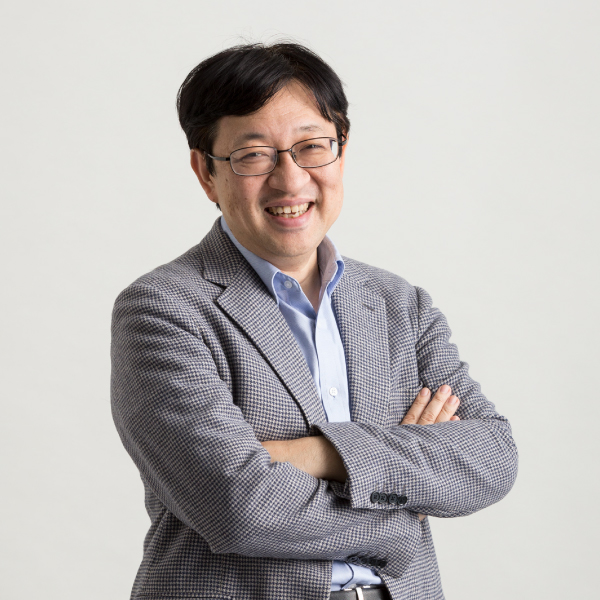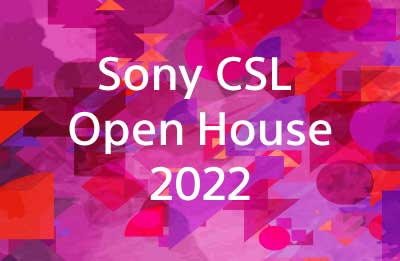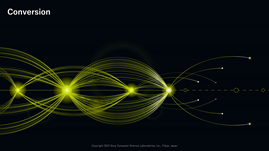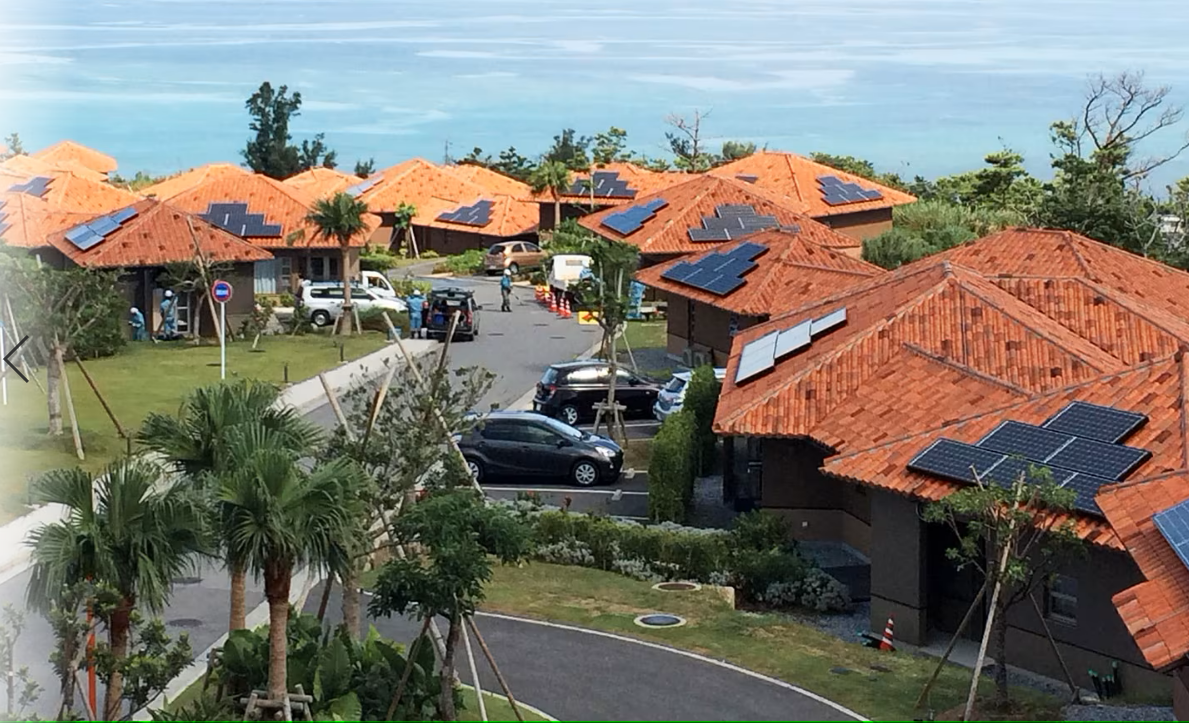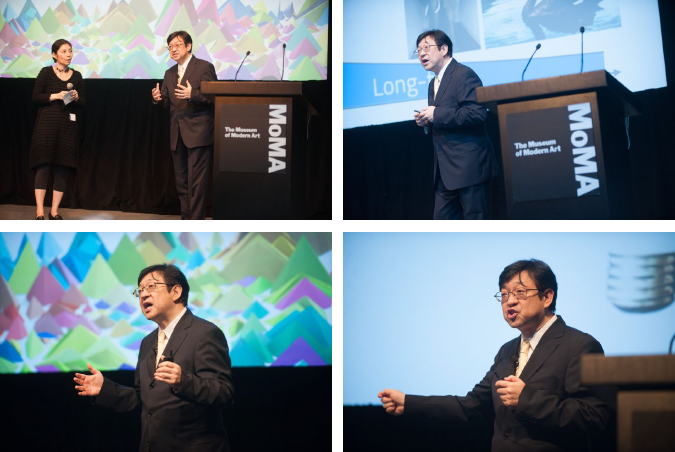
シンポジウムは、ソニーCSLの代表取締役社長、所長、北野宏明の講演で幕を開けました。北野は、現在の実証科学のアプローチが、極めて強力であることを指摘するとともに、これは、事象の再現可能性が前提となる、比較的クローズ型システムにおける有効性であることを指摘しました。その上で、世界が現在直面している問題の多くは、再現することのできない予測不可能な事象であること、そしてそのような現象に理解を深め適切な対応を行うには、現在の科学の方法には限界があるという問題提起を行いました。そこで、CSLでの研究の一つの概念となっているオープンシステム・サイエンスというアプローチを紹介しました。現実世界にはクローズ型システムは存在せず、規模の違いはあるものの、すべてのシステム間には相互関係があり、その結果として想定外かつ極めて極端な現象が発生します。北野は、人類と地球の持続可能性が非常に重要な研究の目的であり、それを実現するための画期的で実用的な手法を見出すことの重要性を強調しました。そして、研究者に求められる要件として、越境し行動すること、つまり専門の研究分野や特定の国や地域などだけに注意を払うのではなく、垣根を超え、幅広い分野との相互関係を念頭においた新しい視点を持つこと、そしてThink Extremeつまり、極めて極端な状況を想定したり、極限的な方法論や技術を想定することの重要さ、を挙げました。最後に、シンポジウムの主なテーマであるグローバル・アジェンダ、人間の能力拡張、およびクリエイティビティの探求について触れ、わずか30人ほどのCSLの研究員らがこうしたコンテクストにおいて幅広い、価値のある知識を探求し、行動し、世の中に変革を及ぼしつつあることを力説して講演を終えました。

Opening the symposium, Sony CSL CEO Hiroaki Kitano reviewed the proven value of a standard scientific approach when analyzing reproducible events in closed systems, but drew attention to the limited capability of conventional science to advance knowledge about the non-reproducible and unexpected events that we actually encounter in everyday life. He then presented Open Systems Science, a methodology guiding research at CSL, as a way to come to terms with the complexity and unpredictability of the real world, in which no system is actually closed and every system (big or small) influences and is influenced by countless others. He pointed out the challenges of an approach to learning where the researcher is working within the system that is being studied, and he underlined the essential need for all research to make a significant, positive and practical contribution to the ultimate goal of human and planetary sustainability. He said the key requirements for the researcher are to act beyond boundaries (that is, not to be confined to a specific scientific domain but rather to be eager to transcend artificial academic divisions) and to "think extreme." He listed the major themes to be covered in the symposium -- global agenda, human augmentation and exploring creativity -- and noted that even with only 30 researchers, CSL is exploring a very broad range of valuable knowledge in these contexts.
